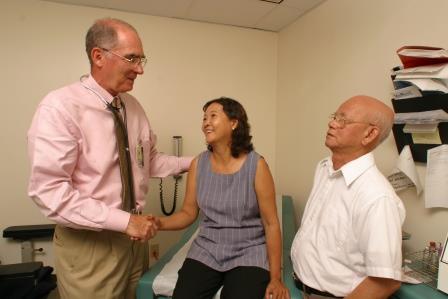
Today more than ever, effective TB prevention and control requires a collaborative approach between many partners, including health departments or public health programs and providers in the community, including those at community health centers (CHCs) and federally qualified health centers (FQHCs).
Because patients at higher risk for latent TB infection (LTBI) and for developing disease may be more likely to present in these settings, a strong understanding of TB and a close relationship between health departments and community health providers can be of great benefit for diagnosing and managing patients with TB.
This toolkit is designed to provide key information for both health departments and community health centers, including FQHCs. By creating a list of existing tools and providing suggestions for use, this toolkit can be a resource for building partnerships and accessing relevant information. The toolkit is an evolving document, so please check frequently for updated information.
Please click on the appropriate link below:
For Health Departments and TB Programs
This product is one of a set of toolkits being developed by the CDC funded TB Regional Training and Medical Consultation Centers that is targeted towards agencies or organizations that work with special populations that may be at higher risk for TB. The toolkit topics include: TB and the Homeless The toolkits are in the process of being developed, so please check back for updates. |
© 2024 Rutgers, The State University of New Jersey. All rights reserved.
225 Warren Street, Newark, New Jersey 07103
973-972-3270
globaltbinstitute@njms.rutgers.edu

